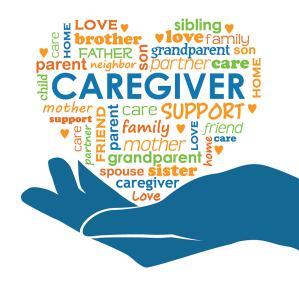
Whether you are in a caregiving role already or if you just need some tips as to what to look out for and how to start the conversation with your family, here are some important considerations to keep in mind:
1. Communication:
- Talk About Your Loved One’s Needs: Use this time to discuss your loved one’s needs and preferences with them. Learn from them about how their daily lives are impacted and what things they might need the most help with. It is crucial to understand their wishes regarding health care, living arrangements, and daily activities, and having a respectful and honest conversation with them about these things, while difficult to begin, minimizes stress in the long term.
- Involve Your Family Members: After checking in with your parents or loved ones in need, encourage an open dialogue among siblings and other family members to ensure everyone is on the same page.
2. Changes:
- Monitor Changes: Spending more time with your loved ones will let you pick up on changes in their health that you otherwise might not be aware of. Pay attention to any physical or cognitive changes. Subtle signs, like changes in appetite, mood, or mobility, or changes in their memory or ability to hold a conversation can indicate a health issue or a further progression of a disease.
- Management and Organization: Take some time to look at the condition of your loved one’s home to see if they might need some assistance with organization or managing daily tasks. If their home is not in good working order, there is a chance that more consideration might need to be given to things like cleaning or staying on schedule with taking medications or keeping doctor’s appointments. Consider setting them up with regular cleaning, advocating the use of small things like pill organizers, or helping them to set reminders.
3. Safety:
- Home Assessment: While at your loved one’s home, keep an eye out for any potential issues. If your loved one has mobility or balance issues, look for things like trip hazards, inadequate lighting, and accessibility issues. Small modifications can make a big difference in your loved one’s ability to continue to live independently in their own home.
- Emergency Preparedness: Ensure emergency contacts and medical information are easily accessible. If your parent or loved one is living alone, ensuring that help is close at hand can make all the difference. Take the time to go through these contacts with your loved ones and have that information at hand in case you need it as well. If you are the caregiver, make sure someone else knows where important information and contacts are located. Consider a medical alert system if your loved one is living alone or is alone for more than a couple of hours of time.